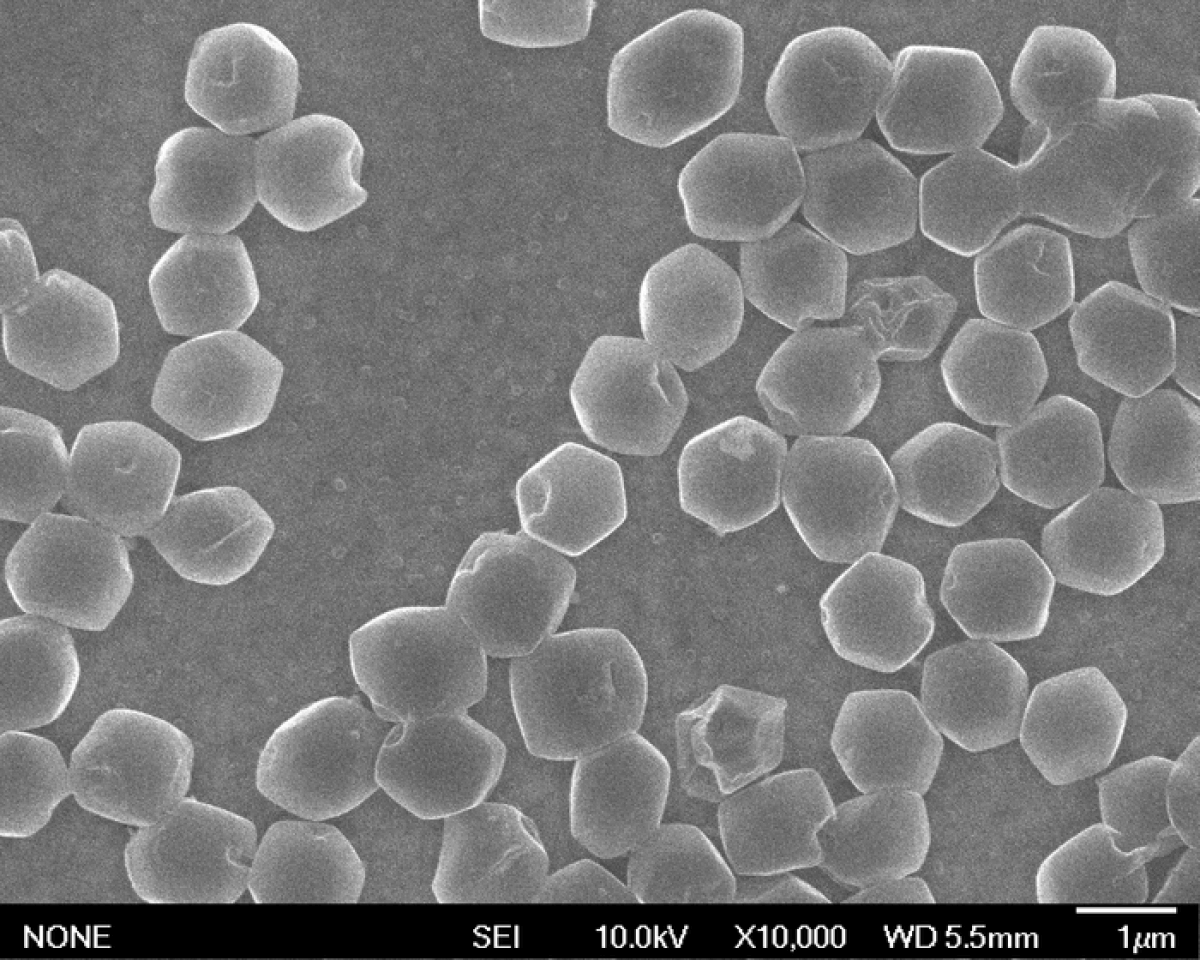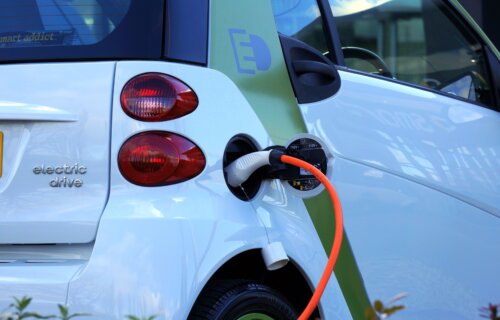SAN DIEGO — An electric car battery that can charge within an hour could be on the horizon, a new study explains. Researchers at UC San Diego say the breakthrough potentially eliminates a significant roadblock that is holding back the widespread use in electric vehicles (EVs) and portable electronics.
Currently these batteries take eight times longer to get going, turning many motorists off to green-friendly motors. Lithium-metal batteries hold great promise because of their high charge density. However, they need to charge extremely slowly in order to maintain performance and avoid safety problems. The slow charging is necessary to reduce the formation of damaging chemicals.
Now, researchers have come up with a solution, seeding lithium metal crystals quickly and uniformly on a surface they normally do not like. They grow dense layers that lack battery-performance-degrading spikes called dendrites. Their formation in battery anodes is a longstanding roadblock to fast-charging, ultra-energy-dense lithium-metal batteries.

“The special nanocomposite surface is the discovery,” says senior study author and UC San Diego nanoengineering professor Ping Liu in a media release.
“We challenged the traditional notion of what kind of surface is needed to grow lithium crystals. The prevailing wisdom is that lithium grows better on surfaces that it likes, surfaces that are lithiophilic. In this work, we show that is not always true. The substrate we use does not like lithium. However, it provides abundant nucleation sites along with fast surface lithium movement. These two factors lead to the growth of these beautiful crystals. This is a nice example of a scientific insight solving a technical problem.”
All this enables charging of lithium-metal batteries in about an hour, instead of waiting all day. The speed is competitive with today’s lithium-ion batteries.
Prof. Liu and the team replaced the ubiquitous copper surfaces on the negative side, or anode, with a nano-composite surface made of lithium fluoride (LiF) and iron. The crystal seeds formed and grew dense lithium layers, even at high charging rates. The result was long-cycle-life, lithium-metal batteries that can charge quickly.
Current EV batteries are expensive and require raw materials that are already facing supply chain issues. A fast-charging battery could solve those problems. It would also allow for the creation of smaller batteries. They would be more affordable and sustainable, charging in minutes, so that travel time remains the same.
The study is published in the journal Nature Energy.
South West News Service writer Mark Waghorn contributed to this report.

